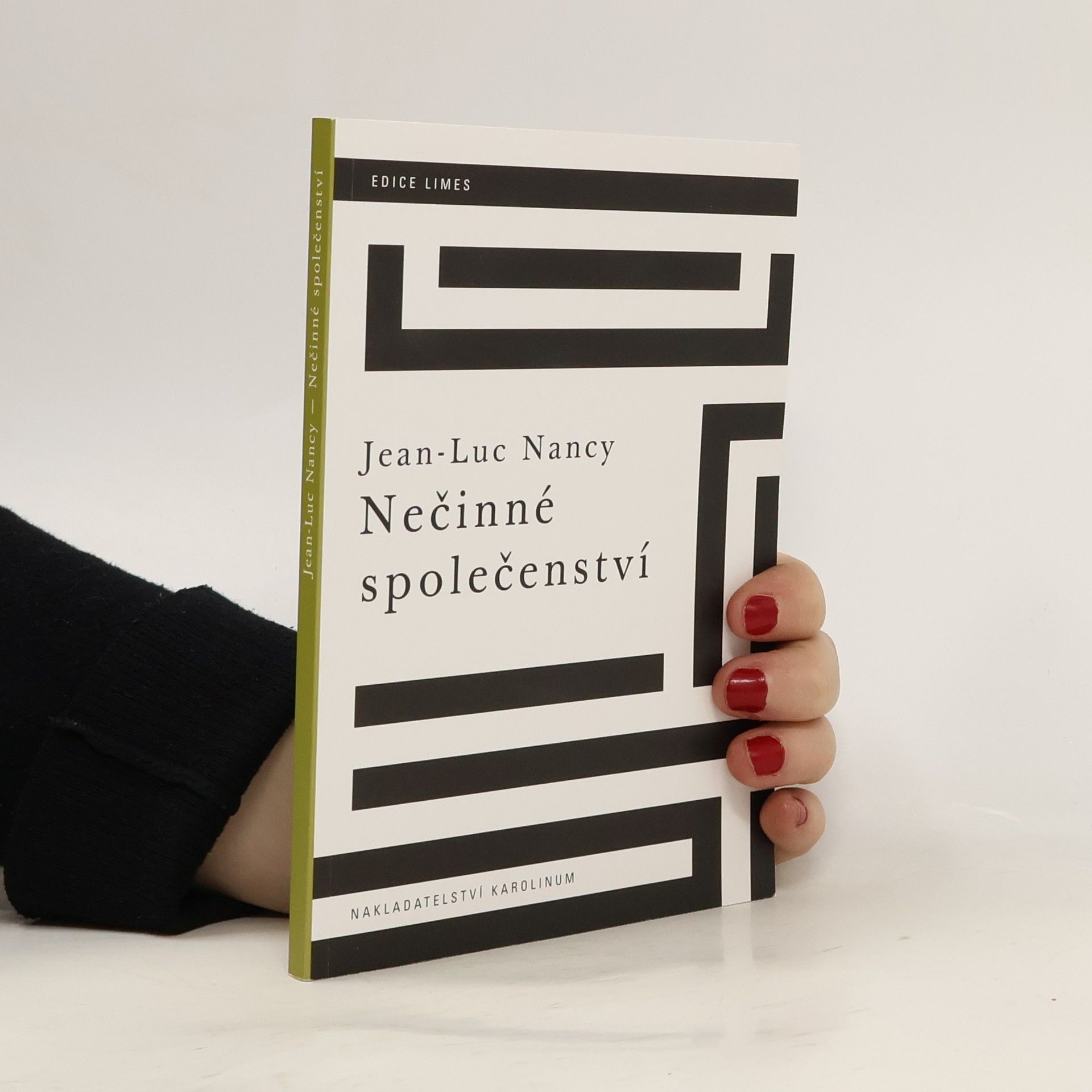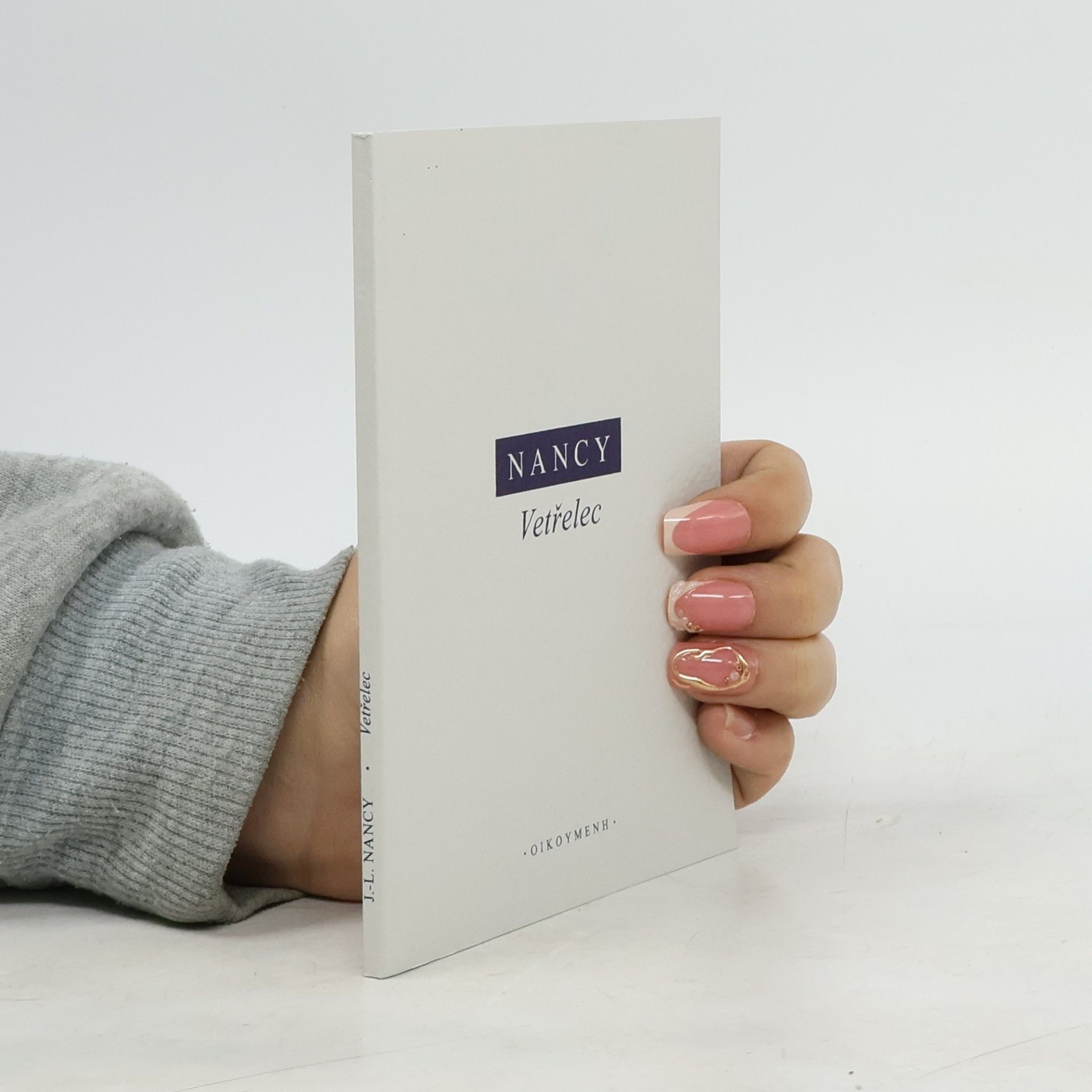Vetřelec
- 51 stránek
- 2 hodiny čtení
Jean-Luc Nancy patří mezi nejvýznamnější žijící francouzské filosofy. Publikoval přes dvacet knih, mimo jiné na témata současné lidské společnosti (La communauté désoeuvrée, 1983), konečnosti(Une pensée finie, 1990) a těla (Corpus, 1992). Několik knih věnoval známým filosofům (například Marxovi a Heideggerovi). Svým myšlením navazuje zejména na Jacquese Derridu a jeho koncepci dekonstrukce, spolupracoval s Philippem Lacoue-Labarthem. Předkládaný spis Vetřelec popisuje Nancyho zkušenost s transplantací srdce, kterou podstoupil na začátku 90. let. Mezi hlavní témata patří přitakání lidské zranitelnosti a iluzornost představy, že naše tělesná existence je jasně ohraničenou pevností.





